Adult ADHD
ADHD, which stands for Attention Deficit Hyperactivity Disorder, is a neurodevelopmental disorder that can impact individuals of all ages. Although ADHD is commonly associated with children, research suggests that approximately 4% of adults in the United States also experience symptoms of the condition. Unfortunately, many adults with ADHD go undiagnosed, which can make it challenging to effectively manage their symptoms and can have a negative impact on their daily functioning.
ADHD in adults
While ADHD is typically diagnosed in childhood, some people may not receive a diagnosis until later in life, and others may not experience symptoms until adulthood. In some cases, the symptoms of ADHD may have been present in childhood but were not severe enough to meet the diagnostic criteria or were not recognized at the time.
Risk Factors
Some risk factors associated with adult ADHD include:
Genetics: ADHD tends to run in families and genetics play a role in the development of the disorder.
Childhood ADHD
Imbalances in neurotransmitters such as dopamine and norepinephrine, exposure to environmental toxins such as lead
Chronic stress can affect brain function
Substance abuse (especially stimulants like cocaine and methamphetamine).
However, it's essential to note that having these risk factors does not necessarily mean that someone will develop adult ADHD, and a qualified healthcare professional should diagnose the disorder.
Adult ADHD presents differently than childhood ADHD, and the symptoms can be more subtle.
Signs and symptoms
Difficulty with focus and attention: Adults with ADHD may have trouble focusing on tasks, organizing information, and following through on tasks.
Hyperactivity and impulsivity: While hyperactivity may be less noticeable in adults, impulsivity can manifest in impulsive behavior, interrupting others, and difficulty waiting their turn.
Chronic forgetfulness: Adults with ADHD may have trouble remembering appointments, deadlines, or even where they put their keys.
Poor time management: Procrastination, difficulty prioritizing tasks, and underestimating how long tasks will take can all be signs of ADHD.
Difficulty with relationships: Adults with ADHD may struggle with maintaining friendships or romantic relationships due to difficulties with communication, forgetfulness, or impulsivity.
If you have been diagnosed with ADHD (Attention-Deficit/Hyperactivity Disorder) as an adult, there are several things you can do to manage your symptoms and improve your daily functioning.
Here are some tips:
Seek treatment: Work with a qualified healthcare professional, such as a mental health therapist, psychiatrist, psychologist, or primary care provider, to develop a treatment plan that is tailored to your specific needs. Treatment options may include medication, therapy, or a combination of both.
Develop coping strategies: Learn techniques to manage your symptoms, such as creating a structured routine, breaking tasks down into smaller steps, and setting reminders and alarms to stay on track.
Practice self-care: Make time for exercise, relaxation, and other activities that promote your physical and emotional well-being. Good sleep hygiene and a healthy diet can also help manage symptoms.
Use technology to your advantage: There are many apps and tools available that can help with time management, organization, and task prioritization.
There are several treatments available for adult ADHD, including medication, therapy, and lifestyle changes. A combination of these treatments may be the most effective for managing symptoms and improving daily functioning. If you want more information about how therapy can help, feel free to reach out for a consultation at (203) 581-0053.
